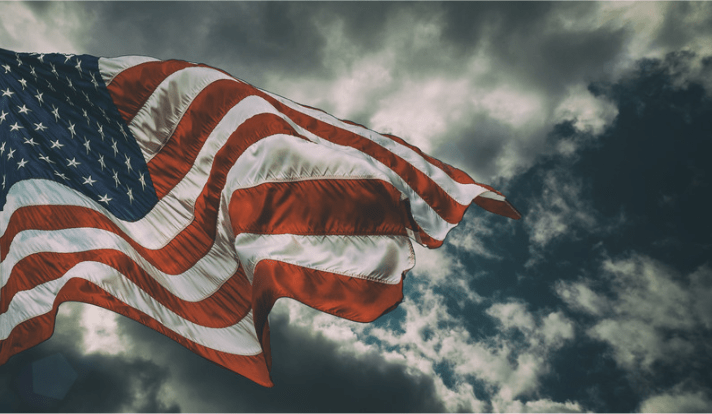The Iraq and Afghanistan Veterans of America (IAVA) is a veterans group that has grown to have a large voice these days. During the government shutdown last fall, it was pushing hard for an end to the impasse so that monthly payments that thousands of veterans depend on would go uninterrupted. It even has been very vocal through the recent crisis faced by the VA, using this opportunity to push for reform. While it has been doing a lot to fight for veterans of all generations, it never loses sight of the most recent group to be called veterans.
Last Thursday data was released from a survey the organization conducted among its membership. This information provides information regarding a new generation of combat troops. The survey was of more than 2,000 members that were verified as being combat veterans by their discharge documents. Though this is not a representative sample of Iraq and Afghanistan veterans, the information is valuable nonetheless.
Included among the survey’s findings are the following:
- More than half of post-9/11 combat veterans indicate that they have a mental health condition, but three-fourths of them report they are getting some type of treatment.
- The majority of those getting mental health treatment are satisfied with the care they are receiving. 72% are satisfied with such treatment they are getting at the VA, while 91% are satisfied with their private healthcare provider.
- Two-thirds who use the VA for mental health treatment have issues with scheduling appointments. Meanwhile, one-third have problems with scheduling private-sector care.
- 47% of the respondents know a fellow veteran who attempted suicide and 31% have considered it themselves. (Compare this to a recent study comparing combat and suicide risk.)
- Two-thirds of those who use the VA for mental health treatment have issues with scheduling appointments. Meanwhile, one-third have problems with scheduling private-sector care.
- A new question about burn pit exposure showed that 76% thought they were exposed to burn pits and 54% of those thought they had symptoms related to the exposure.
- 70% said that they had waited more than 120 days for the VA to notify them of a decision on their disability claim. Also 65% said they felt a financial impact due to the delay in their claim.
Again, this not reflective of all veterans and not even so of just those recently discharged. However, it does provide insight into issues that newer veterans are facing or worried about.
Help for Iraq and Afganistan Veterans Seeking VA Benefits
If your or a loved one is a recent veteran seeking to apply for VA disability benefits or needing assistance with a delayed claim or appeal, Veterans Help Group advocates are happy to speak with you. Many of us are veterans ourselves, and we know the ins and outs of the system. Initial consultations are free: call (855) 855-8992 or complete our free evaluation form.

Is My VA Disability Considered Income?
Is My VA Disability Considered Income? Disabled veterans benefits can provide a critical source of...

How to Calculate Your VA Disability Back Pay
How to Calculate Your VA Disability Back Pay The VA disability claims process isn't quick. The VA...

Chapter 31 (VR&E) and What You Need to Know about Your Disability Benefits
Chapter 31 (VR&E) and What You Need to Know about Your Benefits Monthly monetary benefits and...





